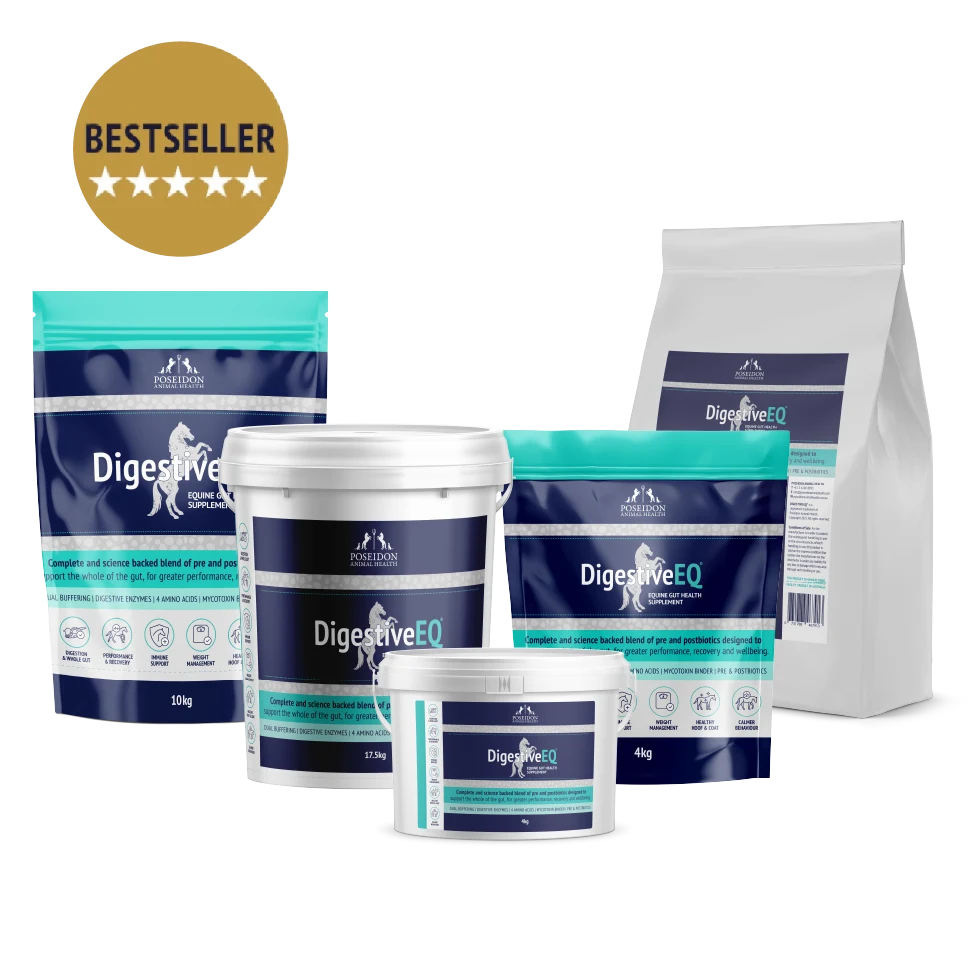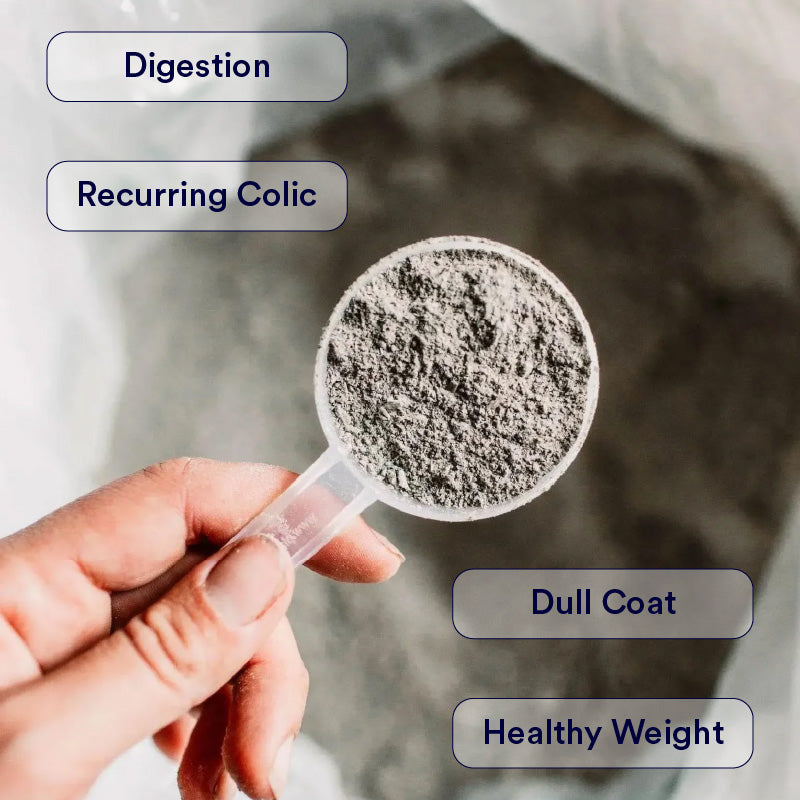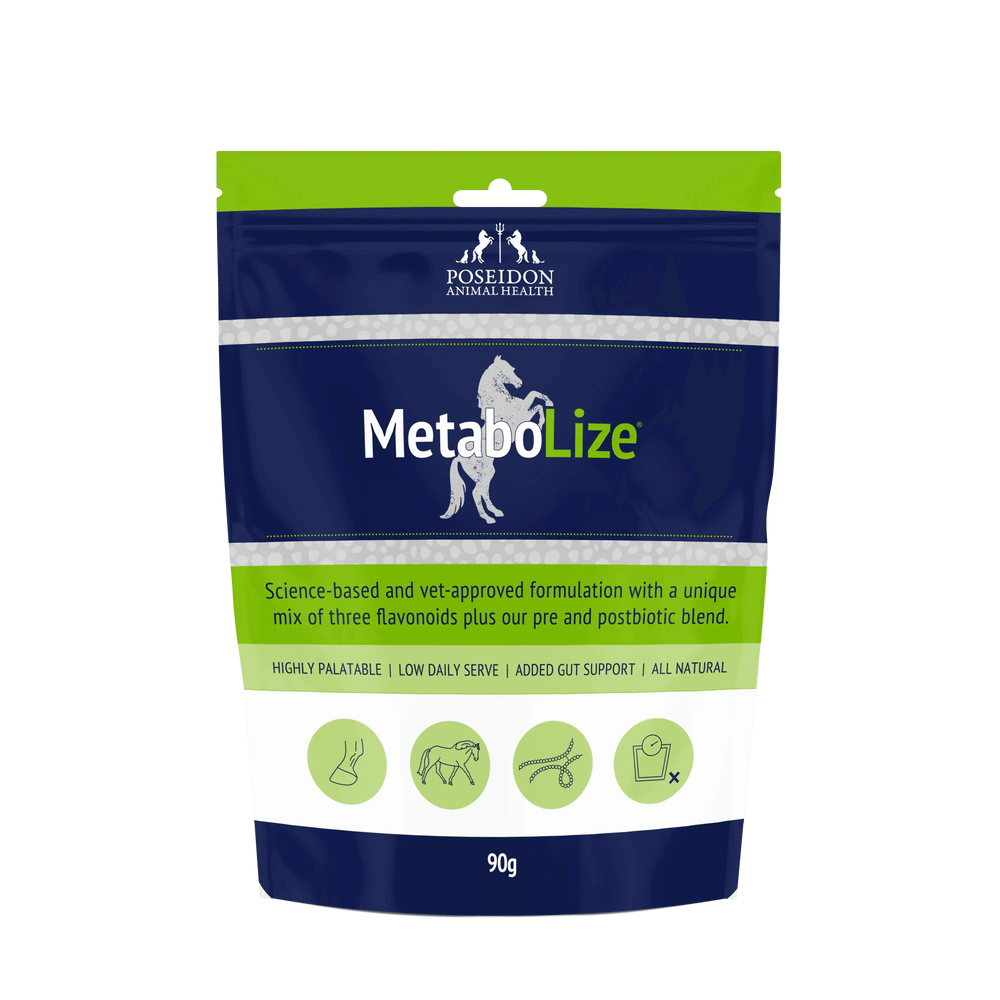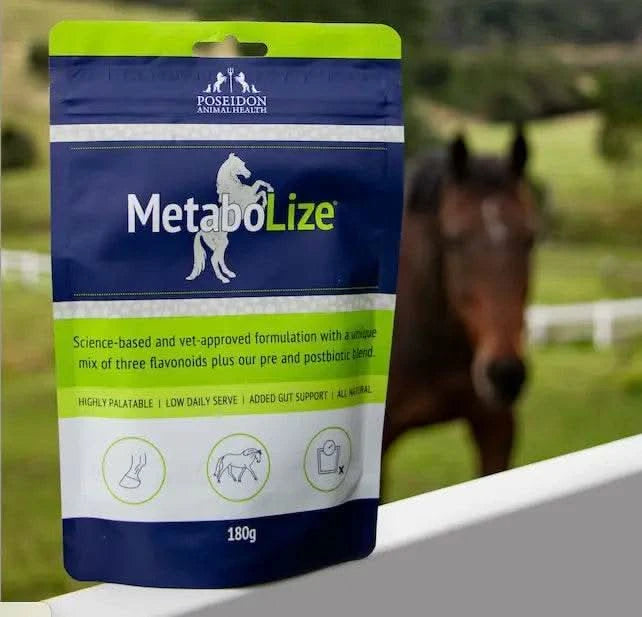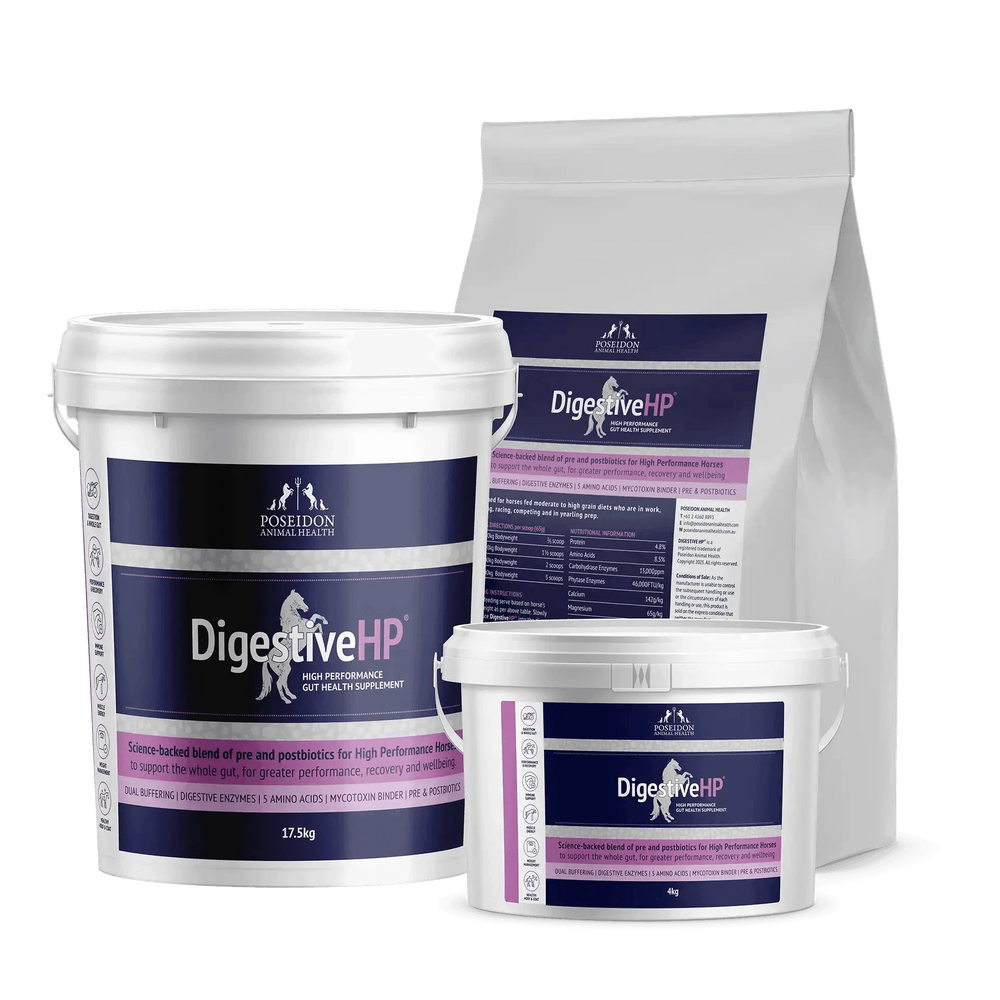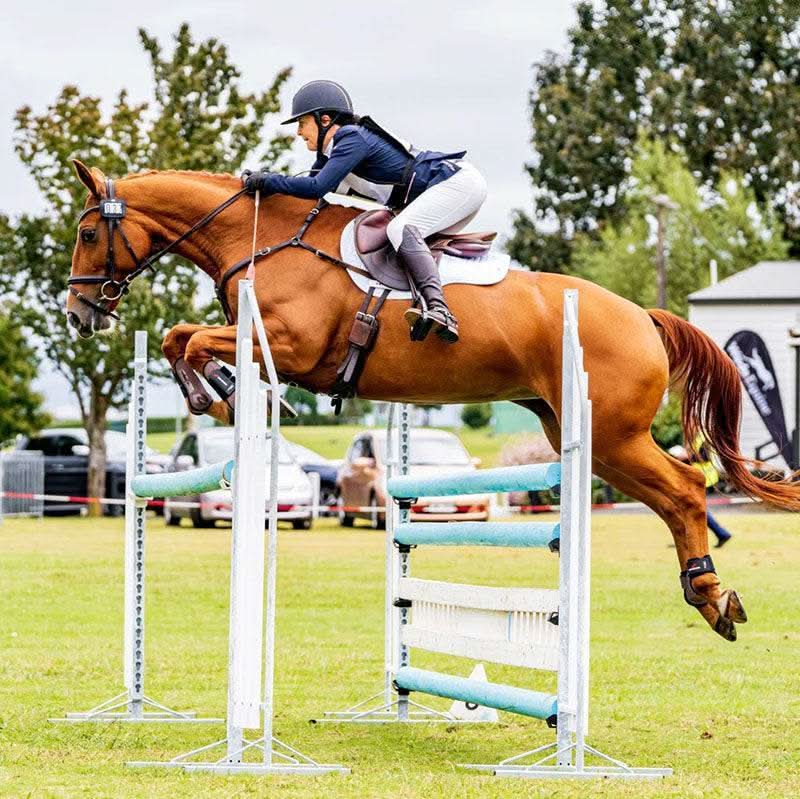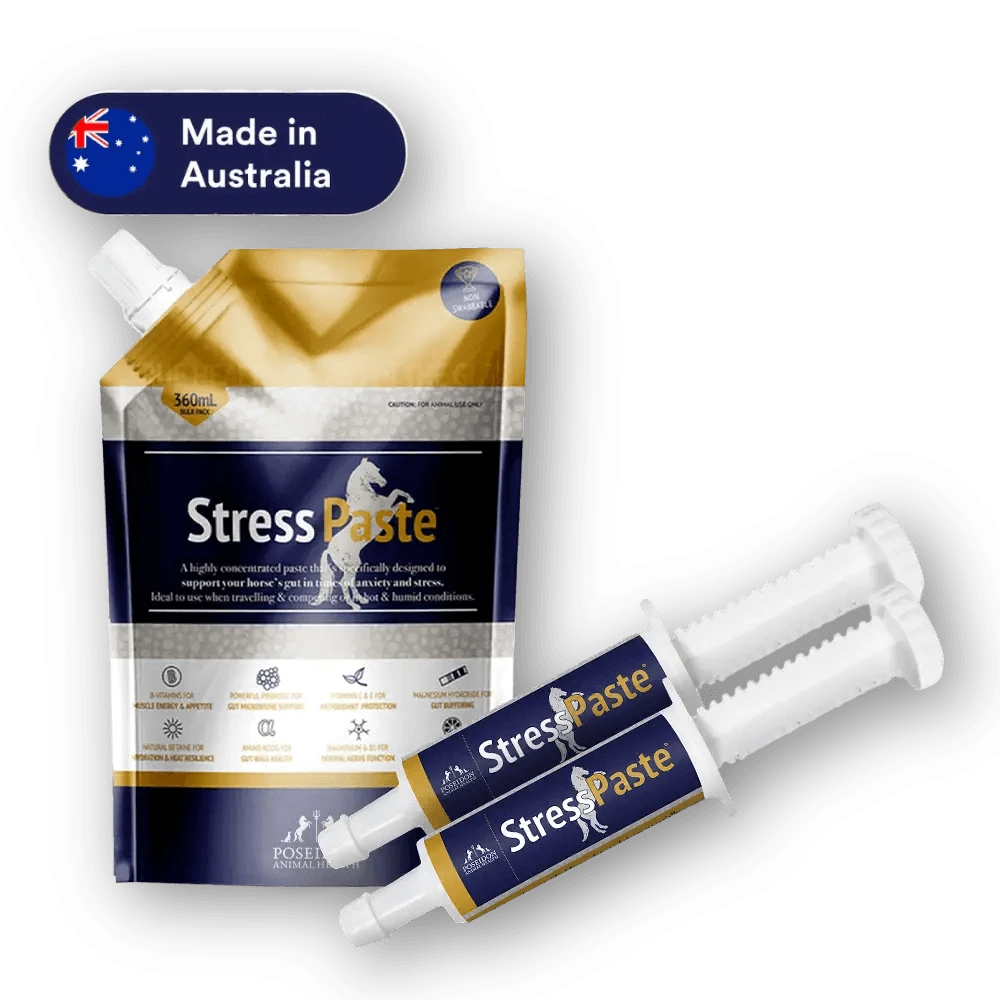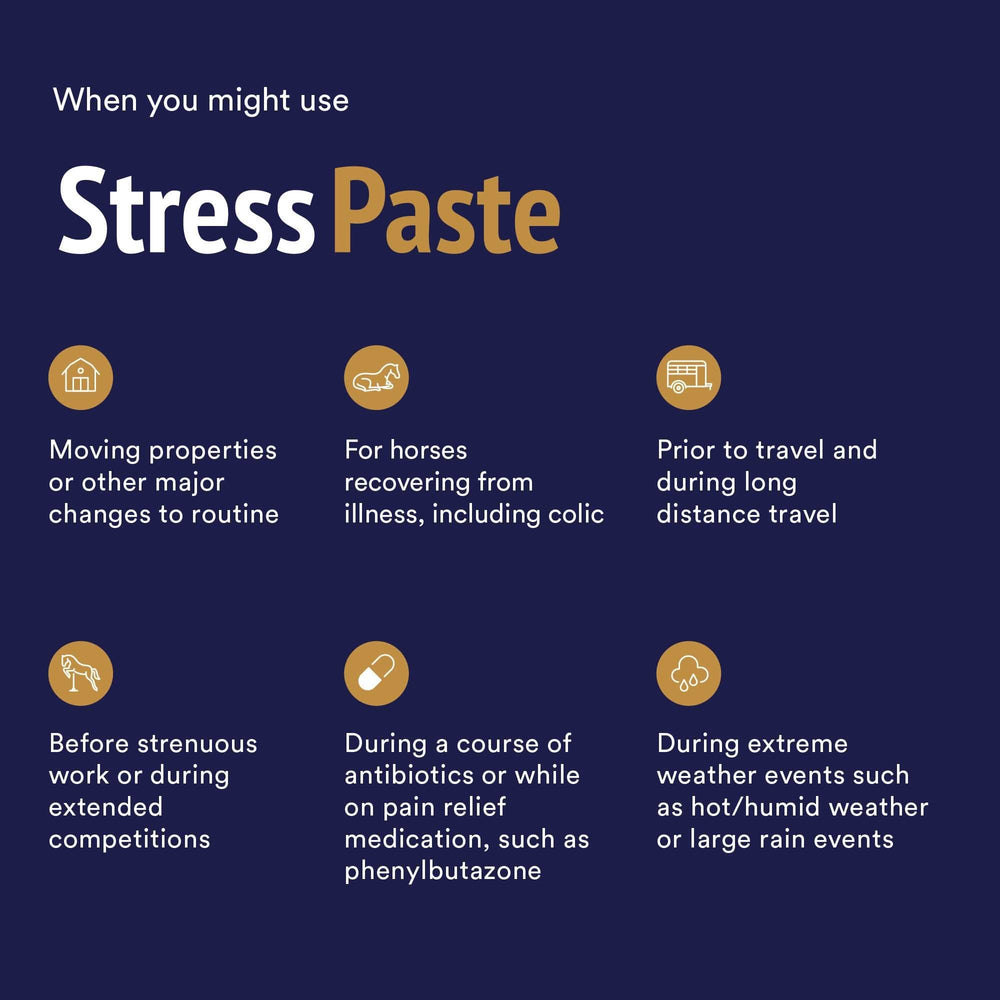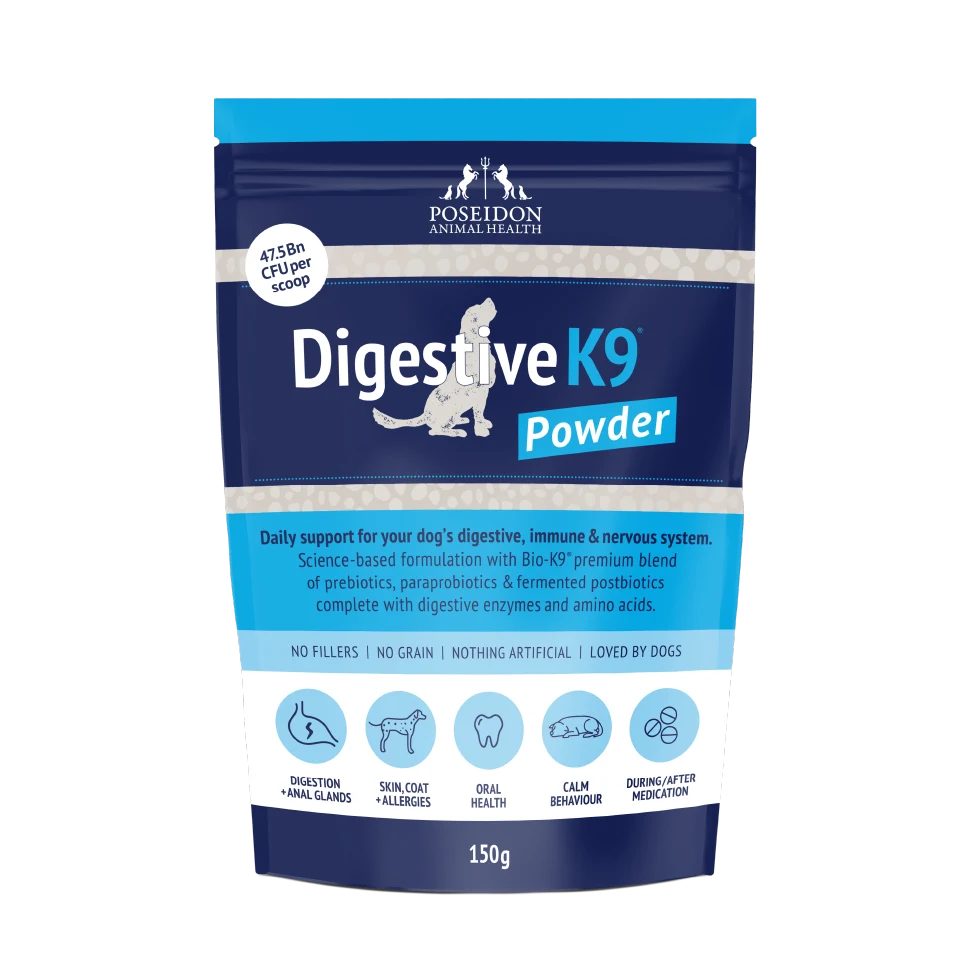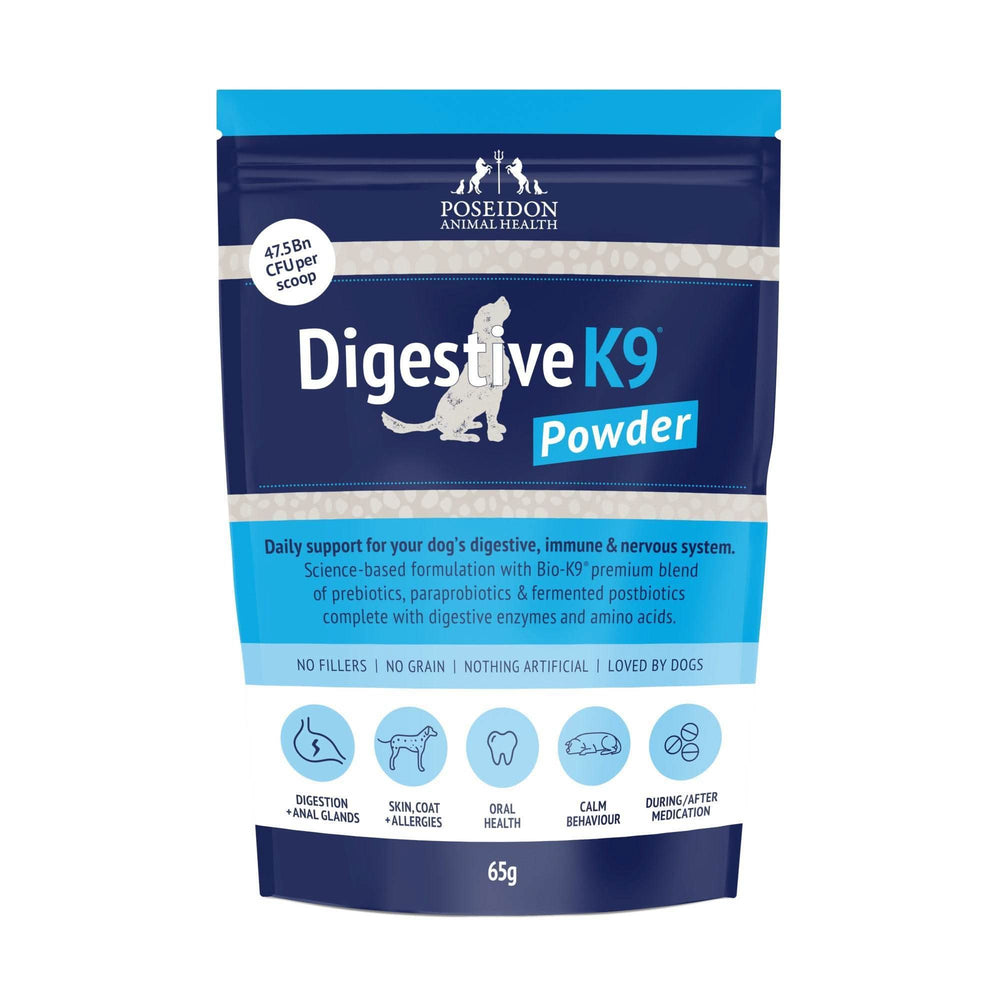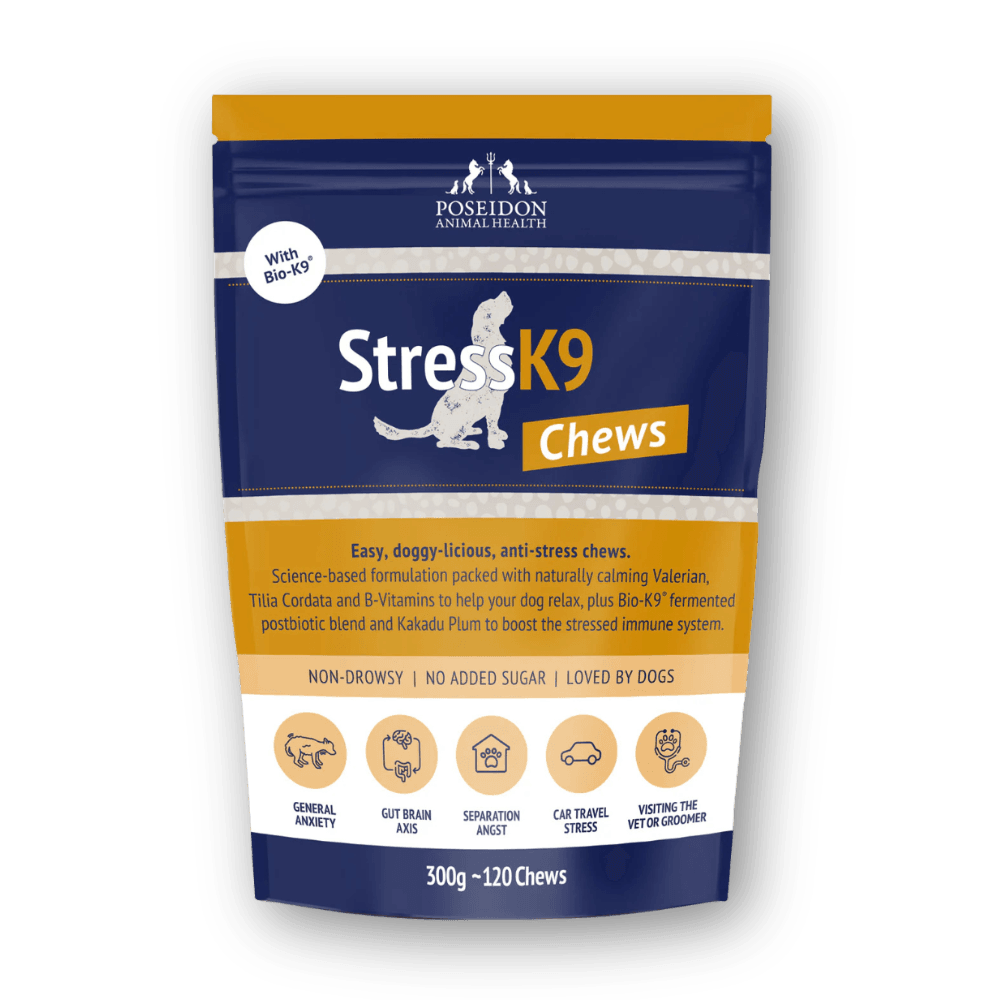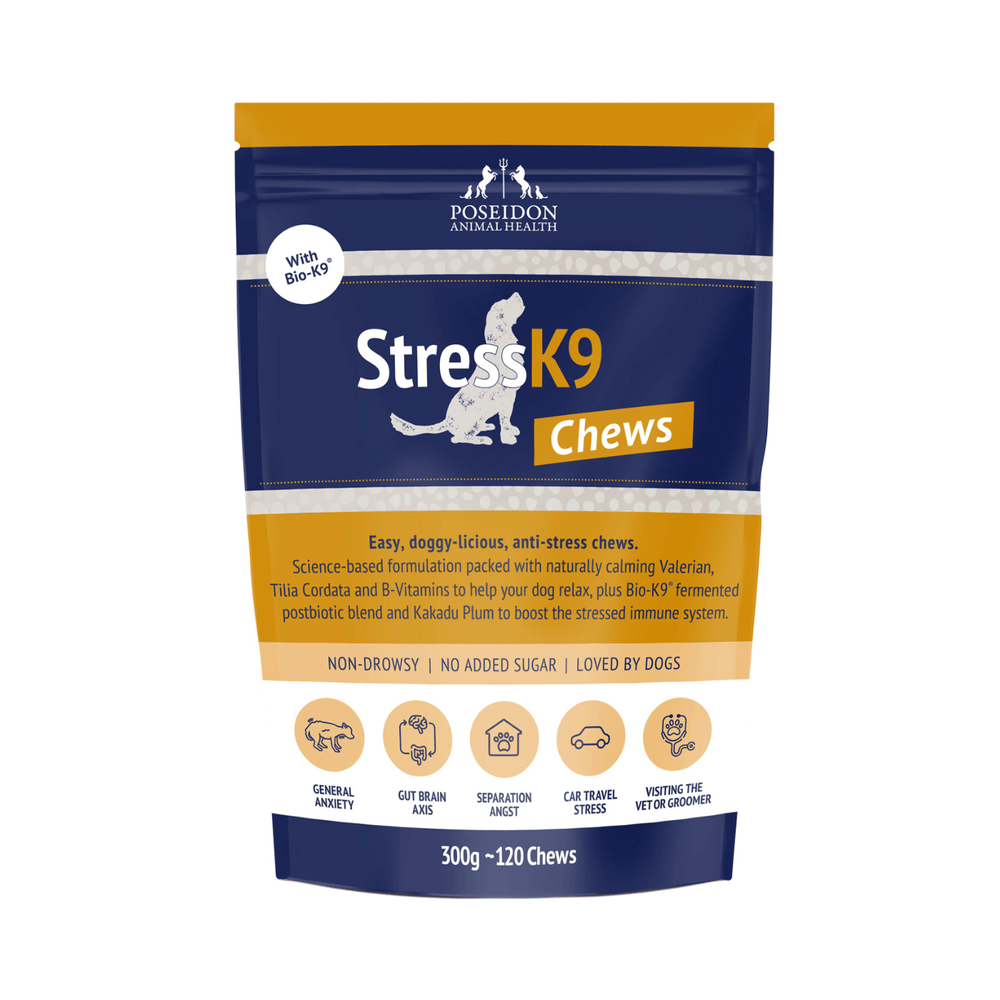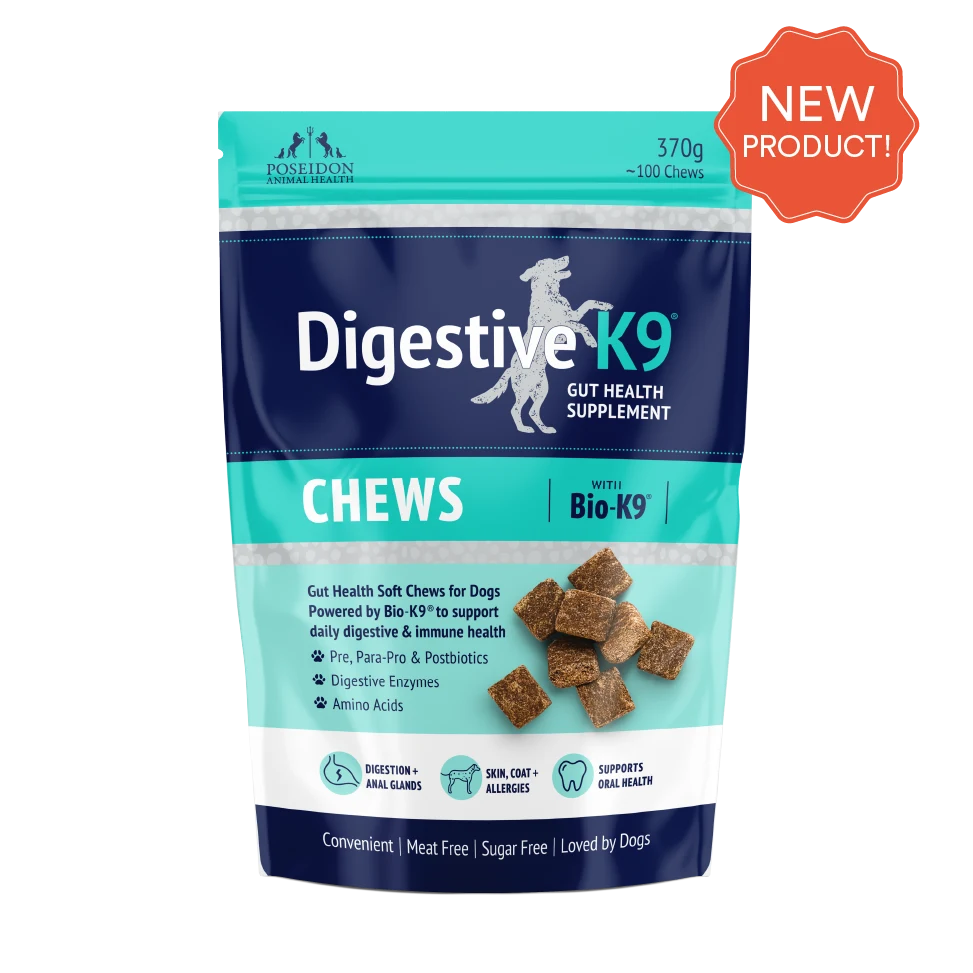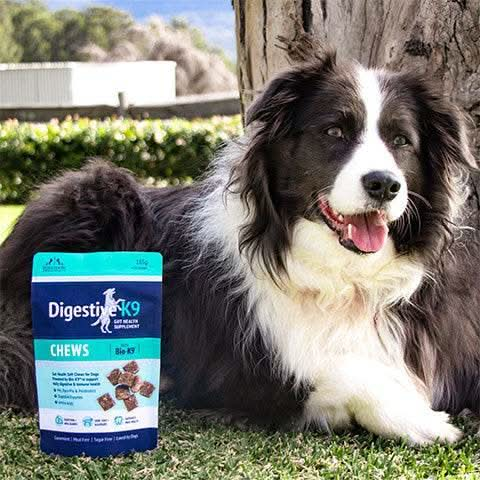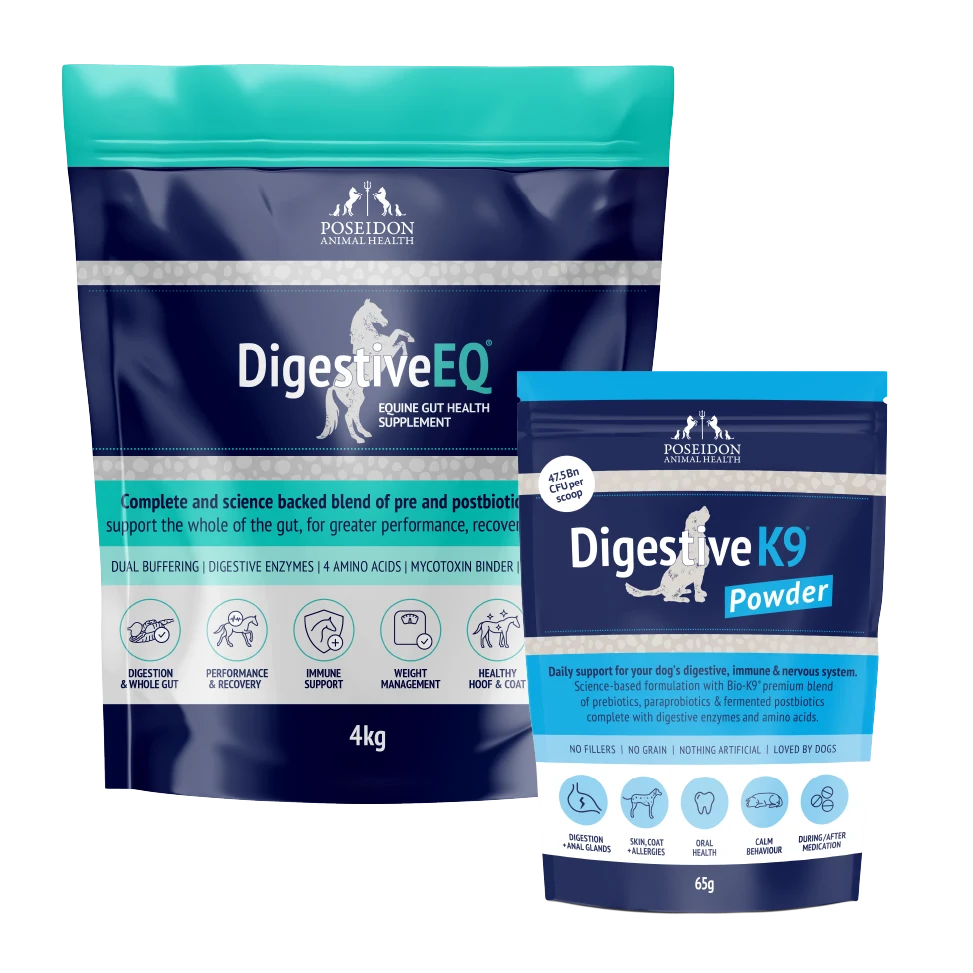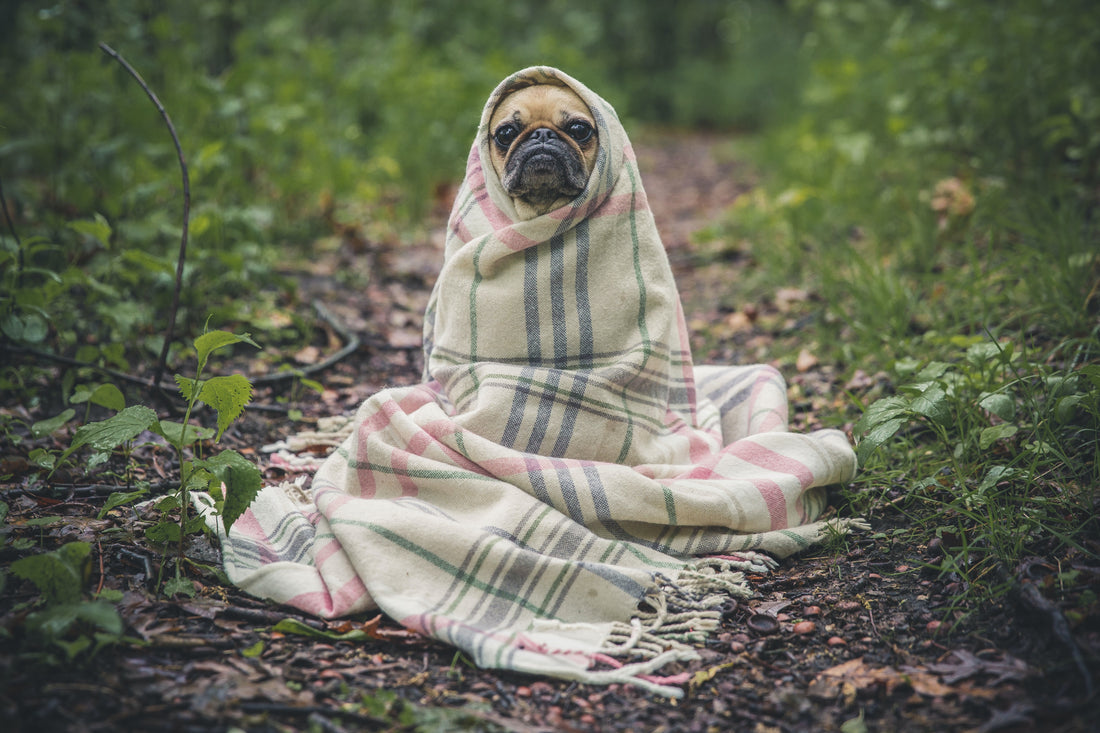
What is anxiety in dogs?
Fear is a normal reaction - a natural part of your dog's fight or flight response. A Phobia is an over-the-top, recurring fearful reaction to a specific person, animal, object or situation. But anxiety is the anticipation of things that have not happened yet. A Common form of anxiety in dogs is separation anxiety. If your dog frets or destroys the place when you leave the house, separation anxiety might be the cause.
What are the signs?
Just as it does in humans, anxiety looks different in different dogs.
Some signs to watch out for are;
- Barking or howling excessively (especially when you're not home)
- Panting or drooling (when it's not hot)
- Cowering or uncontrollable shivering
- Destructive behaviour - such as ripping up the cushions
- Self harm - obsessively licking creating patches of raw and red skin
- Lack of appetite
- General restlessness or pacing
- Peeing or pooping in the house,despite being house trained
- Aggression - especially when the dog can't get away from the thing they fear.
- Depression
There are also other less-obvious signs like lip licking, showing the whites of their eyes, lifting a paw and looking away.
What can cause anxiety in dogs?
The most obvious cause of anxiety in a dog is a previous bad experience. For example, a dog who has been previously abandoned or has had several owners will be more prone to stressing out or feeling depressed when they are left home alone.
Research has shown that dogs reflect the stress levels of their owners, so if you have prolonged high stress levels, your dog's stress levels will likely also be elevated over the long term.
Not getting enough exercise or mental stimulation is also linked to higher rates of anxiety and depression in dogs and humans alike.
Your dog's gut health also plays a big role in their overall health and mental wellbeing. Their gut contains trillions of microbiota which help digest food but also produce chemicals that communicate with their brain. Different gut microbes produce different chemicals, which send different messages to the brain.
Here are some ways you can prevent anxiety in your dog;
- As much as you can, keep your routine of walking, playing and feeding — dogs love their stability, especially when they're feeling a little sensitive.
- Prepare your house and your dog if you know there will be loud noises close to their environment. Make a safe, quiet place in your home with their favourite toys and smells.
- Look into different supplements or medications* that might aid in your dog's anxiety. *always seek advice from your vet.
- Feeding a good diet for gut health is one of the central areas where you can improve your dog's anxiety. Check out our blog on that topic here.
- If you're having a party, make sure those snacks and silly season treats stay up on the dinner table — a diet that's high in fat can cause gut upset - leading to lethargy, sickness and anxiety.
- As always, contact your vet immediately if you dog is suffering from anxiety or stress.

